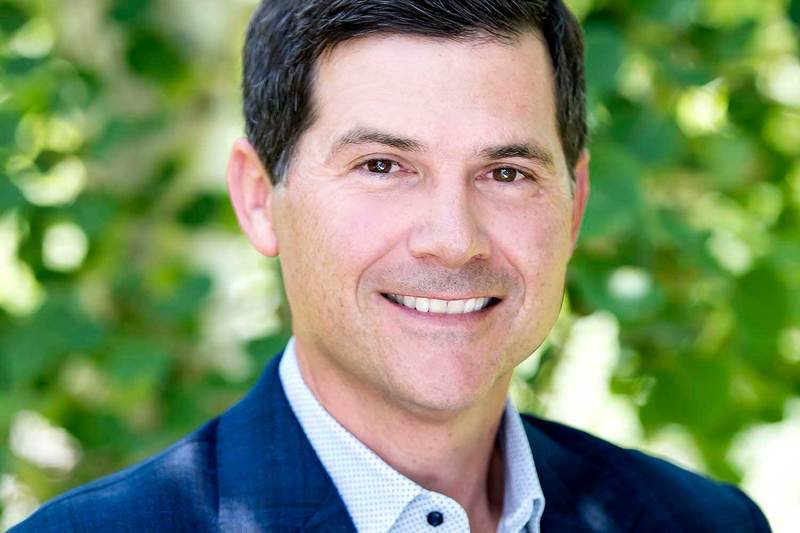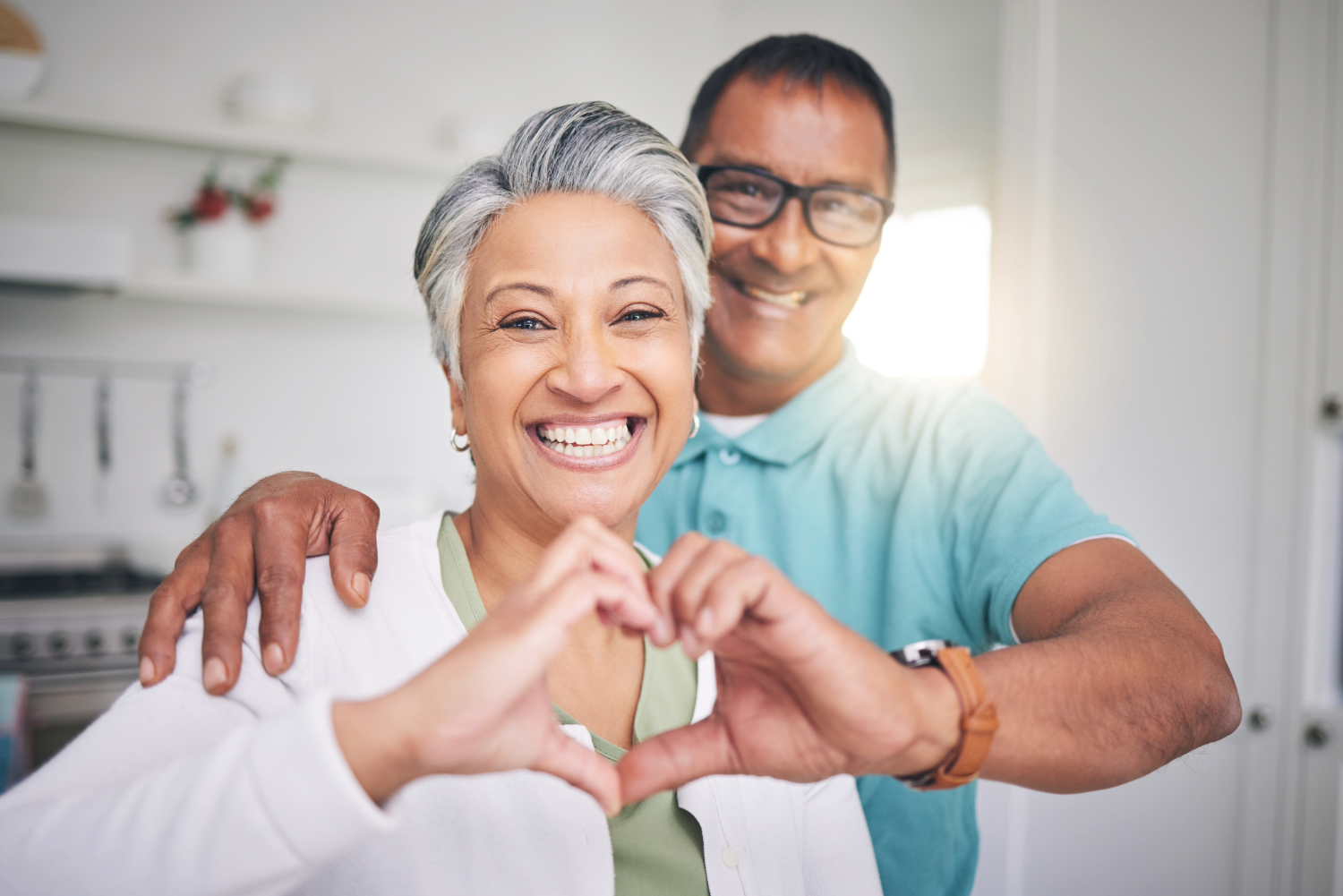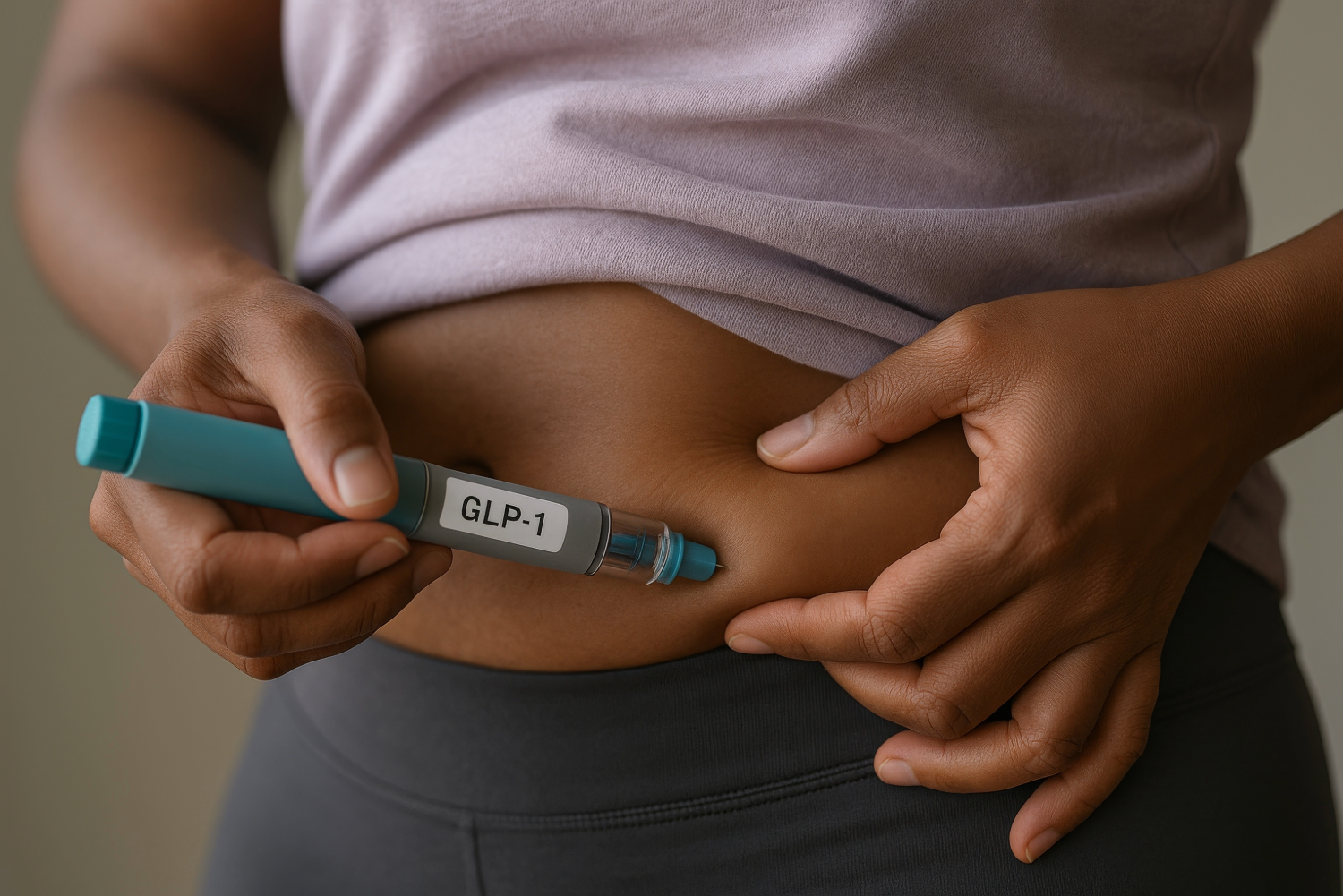News
Behavioral Health financial assistance available

Most of our local businesses are now closed, our students are isolated without their friends, and many locals are faced with the challenges of unemployment.
The effects of COVID-19 spread far beyond people’s health. Every person’s situation is unique, and it’s important we recognize people are struggling with this crisis in their own ways.
While our physical health has been a primary focus in the media lately, we must also pay the same attention to our behavioral health. Members of our community are now facing behavioral health problems that are exacerbated by the COVID-19 crisis due to a loss of work, working from home, isolation, family pressures, domestic abuse, substance abuse, social bullying and more.
There is help.
Two years ago, our community was shaken by the tragic news that a local 13-year-old had committed suicide. Olivia Ortega was adventurous, athletic, and loved animals and sports, including volleyball and gymnastics. Olivia’s death was a wake-up call that something needed to change. The behavioral health care system was broken and needed to be fixed sooner rather than later. This tragic event was one of the primary catalysts for the creation of Eagle Valley Behavioral Health in 2019.
To honor the life of Olivia Ortega, Eagle Valley Behavioral Health (EVBH), an outreach of Vail Health, has partnered with Vail Health Foundation to launch Olivia’s Fund, a financial assistance program for local behavioral health resources.
Tough times are when you witness the true spirit of a community. Our community is a caring and thoughtful one. Our community is full of kindness and gratitude. I have seen this first-hand. From the ‘Heroes Work Here’ signage that community members placed outside Vail Health Hospital, to the flowers delivered to our nursing staff, to the 80-year-old woman sewing cloth face masks from her home in East Vail, to the generous donations to EVBH during this need period, I have been moved by all of the acts of kindness that have been demonstrated by members of our community.
Our community is resilient. We will get through this, but we cannot do it alone. Now is the time to unite and demonstrate your own act of kindness toward a friend, neighbor, relative, or yourself. Show gratitude.
Most importantly, if you or someone you know is struggling, reach out. Don’t fight your struggle in silence. We are here for you. We are here for your physical needs and your behavioral health needs, and we will be here when this pandemic is over. More information can be found at www.EagleValleyBH.org. To apply for an Olivia’s Fund scholarship, visit https://www.eaglevalleybh.org/get-help-now/olivias-fund
More News
-
New!
More

The Heart of It All: How Cardiovascular Health Shapes Longevity
Most of us know a healthy heart will increase our chances for a long and vital life, but how many of us truly understand how to live for a healthy heart? According to the American Heart Association, heart disease remains the number one cause of death, for both men and women, in the United States.
-
New!
More

GLP-1s and Your Health Journey: What You Need to Know
Interest in GLP-1 agonist medications, once used almost exclusively for diabetes, is soaring. Now widely referred to as weight loss injections, drugs like semaglutide (Ozempic, Wegovy) and tirzepatide (Mounjaro, Zepbound) are ubiquitous in celebrity chatter, social media and everyday patient conversations. But as demand grows, it’s increasingly important to separate hype from reality. Who qualifies for these drugs under FDA guidelines? When are they helpful? And when might carefully supported lifestyle changes offer a safer or more sustainable path?
-
New!
More

Back on the Slopes: How to Recover Physically and Mentally After a Ski or Snowboard Injury
Living in a ski town, injury is inevitable. Recovery isn’t just about regaining strength, it’s about building trust in your body. The best path back to skiing blends physical training with mental conditioning, patience with persistence. With the expert teams at Vail Health - from Howard Head Sports Medicine to Vail Health Behavioral Health - recovery is more than healing; it’s coming back stronger, smarter and more confident than before.





